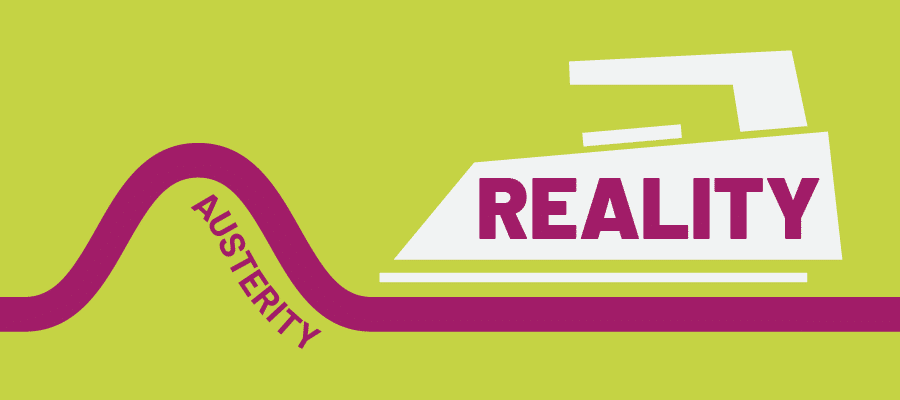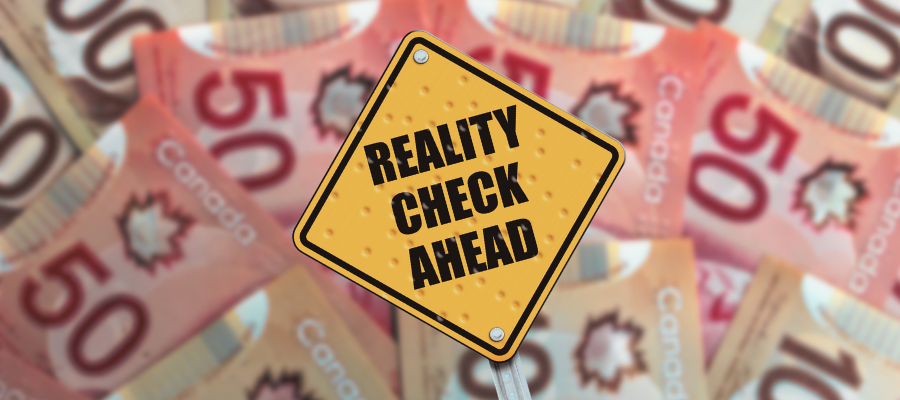Flatten the myth: Don’t fear government debt after COVID-19

Myth: Government debt rising from the COVID-19 crisis is a big problem.
Reality check: Large-scale public spending to support people and invest in long-term public goods is prudent not only on a human level, but also in economic terms. The size of government debt compared to our economy (our debt-to-GDP ratio) will rise substantially through this crisis, but that’s not something to be concerned about.
Consider a few of the reasons (and some further reading) why we shouldn’t fear the debt:
Borrowing costs for government are extremely low. As the Globe and Mail recently put it, “At no time in history has Canada been able to borrow so much for so little.” As a result, making public investments with even modest social and economic payoffs will leave us wealthier as a society (more than covering borrowing costs) than failing to make those investments. Indeed, we have an enormous backlog of highly-productive and badly-needed public investments in this country, including in areas like climate action, housing, child care, public transit, and tackling poverty.
Governments have very long time horizons over which to manage debts, unlike households. If people are going to make ends meet during the pandemic, the only alternative to incurring public debt is piling more private debt on already over-leveraged households. Our permanent institutions of government are much better positioned to bear debt than households, which can only depend on income over a finite number of working years. We know from the experience of World War II (when Canada’s debt-to-GDP rose above 100%) that we can emerge from a crisis and successfully manage high levels of government debt gradually while the economy grows.
We can tax the super-rich to help pay for public investments and service debts. We live in an incredibly wealthy society, but also an incredibly unequal one. That extreme inequality is a result of public policy choices, and we can make different ones. A few of the policy tools available to us are a wealth tax, a wartime-style excess profits tax, and long overdue measures to crack down on tax havens.
Much of the public debt we are adding right now, we actually owe to ourselves. One of the biggest purchasers of government debt right now is the Bank of Canada itself (particularly when it comes to federal government debt, but also some provincial debt). When we are our own creditors, that opens up considerable possibilities to be flexible on repayment terms and timelines.
After decades of being told “the cupboard is bare” when it comes to public spending, we’ve now seen a dramatic glimpse of the resources we can marshal when necessary. But expect to see efforts soon to try to stoke fear about public debt and push for cutbacks and “belt-tightening.” Don’t be fooled. We are rich enough not only to weather this crisis, but also to strengthen our public services for the long-term.
Topics: COVID-19, Economy, Provincial budget & finance, Taxes

